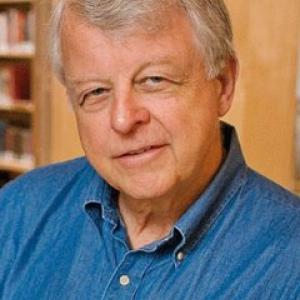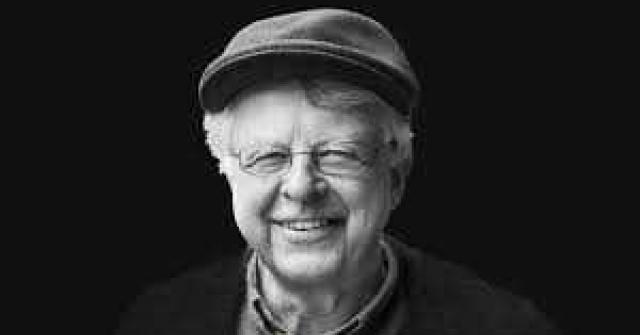Ray Bakke

Ray Bakke spent a career studying the cities of the world. He traveled to more than 200 large cities on six continents. He also served as a pastor, and was a life-long academic.
From 1959 through 1979 Dr. Bakke pastored inner-city churches in Seattle and Chicago. During that time he also co-founded the Seminary Consortium for Urban Pastoral Education (SCUPE), and taught Bible at Trinity College and Church History at McCormick Theological Seminary.
Between 1979 and 1989 he served as Professor of Ministry at Northern Baptist Theological Seminary in Chicago. During that time, from 1980-83, Ray served on the Future of Chicago Planning Committee of TRUST INC, one of 3 clergy working in this collaborative on Chicago transportation, housing and other public issues. He also served for several years between 1979-89 on the State of Illinois Clergy and Rabbi Association on Crime and Delinquency, reporting to the office of the Governor on prison policies. He also worked actively with leaders of the Harris Trust Bank, one of Illinois’ 4 largest, to secure their involvement in our coalition against red-lining practices in inner cities that affected ministers and members of hundreds of Chicago churches and thousands of families who were denied access to conventional loans because of historic racial bias in state and local community banks.
In 1989 Ray founded International Urban Associates (IUA). IUA animated a network of more than 100 urban-based church and mission leaders in many of the largest cities of the world. Between 1990 and June, 2001, he was Professor of Global Urban Ministry at Eastern Baptist Theological Seminary in Philadelphia. He served as Senior Associate for Large Cities with the Lausanne Committee for World Evangelism from 1979 to 1995. It was in this capacity that Dr. Bakke had the opportunity to either lead or serve as a major resource leader for urban ministry consultations in hundreds of large cities around the world.
In 2002 Ray was part of the team that gave birth to Bakke Graduate University which offered doctoral and master degree programs to ministry practitioners and leaders around the globe. Two-week plunge courses, many taught by Ray personally, were delivered in cities throughout Asia, Africa, Central/South America, including across the US. Ray served as Chancellor, distinguished professor of global urban ministry, and member of the Board of Regents at Bakke Graduate University until his retirement from BGU at the end of 2011.
Bakke died on February 4, 2022, at the age of 83.








